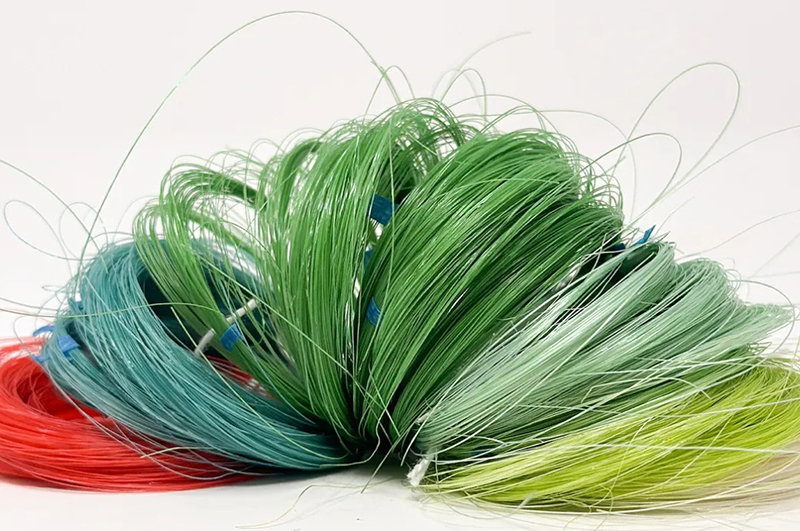
Source: www.fibre2fashion.com
Researchers at the ATLAS Institute at the University of Colorado Boulder (CU Boulder) are pioneering a revolutionary approach to fashion with the development of dissolvable and recyclable T-shirts. In a study, a team of engineers and designers has created a DIY machine that spins textile fibres from sustainably sourced materials like gelatine. These innovative ‘biofibres’ mimic the feel of flax and can dissolve in hot water within minutes to an hour, allowing for the recycling and creation of new garments from the same material.
The study tackles a significant global issue: In 2018 alone, people in the US added over 11 million tons of textiles to landfills, accounting for nearly 8 per cent of all municipal solid waste, according to the Environmental Protection Agency. The researchers envision a different path for fashion, aiming to reduce such waste through innovative textile recycling.
Their machine uses a plastic syringe to heat and extrude droplets of a liquid gelatine mixture. Rollers in the machine stretch the gelatine into long, thin fibres, similar to a spider spinning a web. During this process, the fibres pass through liquid baths where bio-based dyes or other additives can be introduced. For instance, adding genipin, an extract from fruit, strengthens the fibres.
As a proof of concept, the researchers created small textile sensors from gelatine fibres, cotton, and conductive yarns, akin to the Jacquard jacket. When these patches were submerged in warm water, the gelatine dissolved, releasing the yarns for easy recycling and reuse.
Lazaro Vasquez noted that designers could adjust the fibre chemistry to enhance resilience, ensuring garments don't dissolve in the rain. They could also explore spinning fibres from other natural materials like chitin, found in crab shells, or agar-agar, derived from algae.
